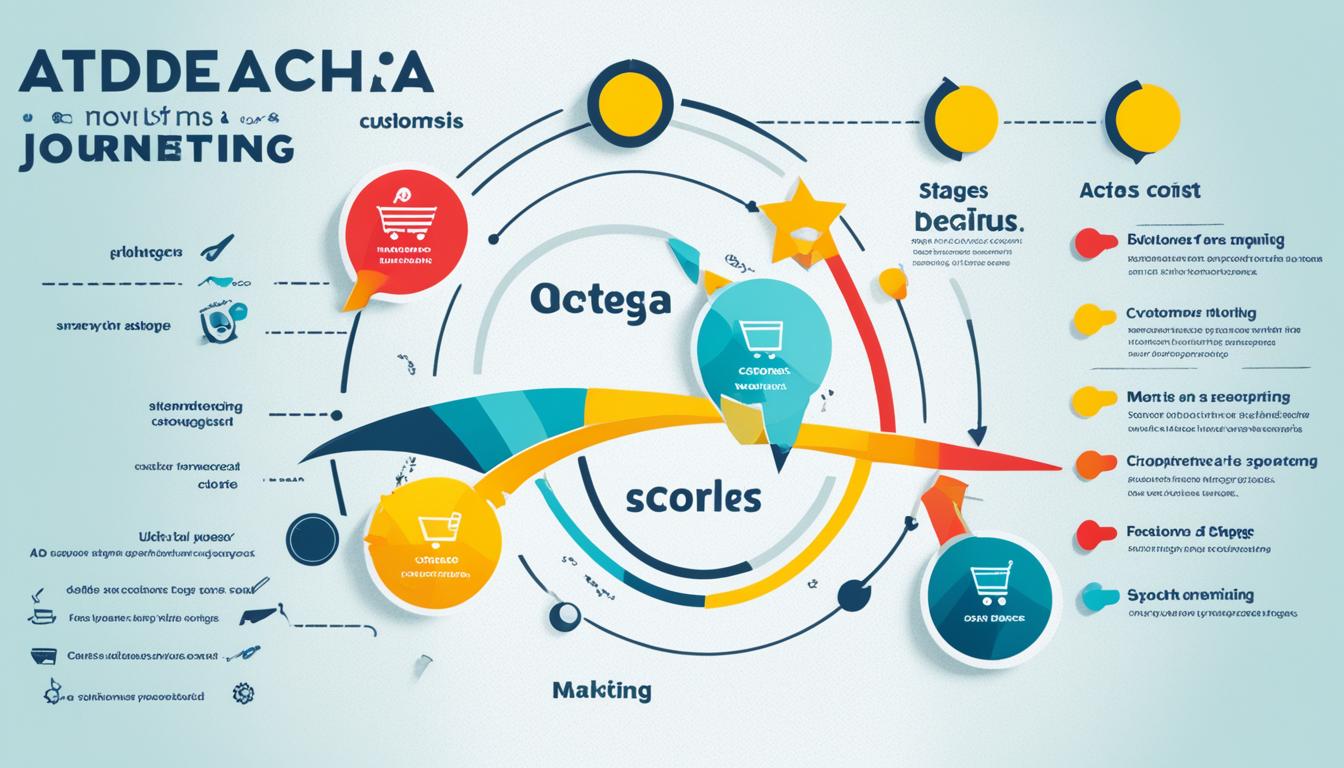From the busy streets of Sydney to the sunny coasts of Perth, if you run a local business anywhere in Australia, you understand how important it is to be visible online. Many of us have worked very hard on our Google My Business (GMB) profile, which is now Google Business Profile. Many local searches start on this digital front door.
However, relying solely on GMB is akin to consolidating all your marketing efforts into a single platform. You must look beyond GMB and adopt a more comprehensive local SEO approach if you are to really control your local market and keep ahead of the competition down the road.
Consider GMB as your main place in the local directory; true local dominance is being the buzz of the town across the whole digital neighbourhood. It’s about creating a strong, multifarious online presence that tells Google (and possible clients) you are the preferred business in your field of work. Are you ready to step up your local marketing efforts? Let’s explore some doable ideas outside the fundamentals.
Why Search Outside Your Google Business Profile?
Let us first be clear: your Google Business Profile is quite important. Keep it current, support reviews, and make use of the posts feature. The digital terrain is ever-changing, though. Google’s algorithms change, new platforms surface, and your rivals most certainly do more than just simple GMB optimisation.
Relying solely on one channel makes your business vulnerable. A thorough local SEO plan creates resilience and grabs possible clients at several points of contact during their search path. It’s about building a web of local relevance rather than only a single point.
Local Foundation of Your Website: On-Page SEO
Your website serves as your digital home base and needs to scream “local.” This requirement transcends mere mentioning of your suburb. Using on-page SEO, you can effectively communicate to search engines and users both where you operate and what you offer by optimising the actual content and structure of your website.
Please consider examining the terms that residents commonly use. See “plumber Fitzroy,” “best coffee Adelaide CBD,” or “accountant Parramatta.”
- Naturally incorporate these geographically specific keywords into your page titles, meta descriptions, header tags (such as H1s and H2s), and all through your body copy. Don’t stuff them in unnaturally; first write for people.
- Make sure your company name, address, and phone number (NAP) are obviously readable, usually found in the footer of the website or on a separate contact page. Here consistency is crucial; this will be discussed later.
- If you service several different locations, think about building specific location pages on your website. Each page can be customised to a particular suburb or region, including local testimonials, case studies, or data pertinent to that community, greatly increasing your relevance for searches in those areas.
Building Local Citations: King is Consistency
Beyond your own website, your company’s information should show up regularly all around the web. These are citations—online references to your name, address, and phone number (NAP). Consider them as digital breadcrumbs supporting the existence and search engine location of your company.
Online directories, including TrueLocal, Yelp Australia, Yellow Pages, and industry-specific directories pertinent to your niche—that is, a trades directory, a tourism portal—are major citation sources.
Here the absolute golden rule is NAP consistency. Every single platform needs your business name, address, and phone number to be exactly the same. Search engines may be confused by even small changes like “St” against “Street” or “Pty Ltd” against “Pty. Ltd.” which can weaken your local authority. Plan frequent audits to identify and fix any disparities. Getting this perfect lays a strong basis of confidence with search engines.
Local Link Building: The Authority
Links pointing to your website from other credible websites serve as Google’s votes of confidence. Links from outside local sources are especially strong for local SEO. They clearly indicate your relevance and connection to the particular geographic area you service.
How can one acquire these insightful local links? Consider how relationships might develop in your neighbourhood.
- Would you help a neighbourhood event or a local sports team?
- For cross-promotion, could you team with non-competing, complimentary local companies?
- Maybe offer a guest post to a nearby news site or blog.
- Even joining your local Chamber of Commerce could produce a useful link and a directory listing.
- Get in touch with companies you work with; for example, if you recently had a wonderful experience working with skilled website developers Brisbane, and they feature your project as a case study, that is a relevant local link.
Link opportunities will often follow naturally if you concentrate on developing real relationships and offering value inside your local ecology. Steer clear of cheap link systems; give relevance and authority top priority.
Making Use of Local Content Marketing
Content marketing goes beyond large national brands. Developing materials especially for your local market can be quite successful in drawing in local clients and building your company as a community leader. Consider what knowledge would be actually helpful or fascinating to residents of your neighbourhood.
- You might create guides to the best parks or cafes in your area, post blog entries about local events, interview well-known local celebrities, or highlight success stories, including local clients.
- For those working in real estate, neighbourhood guides are quite useful.
- If you run a restaurant, post about local food events or seasonal produce from surrounding farms on your blog.
This kind of material not only draws local search traffic but also shows your involvement and support of the community, strengthening trust and brand loyalty. Naturally, where suitable, make sure to weave in your local keywords.
Promoting and Controlling Online Reviews (Outside of Google!)
Reviews are digital word-of-mouth that greatly affect your ranking and possible client decisions. Google reviews are important, but also don’t ignore other pertinent review sites. Sites like TripAdvisor, Zomato, WOMO (Word of Mouth Online), or even Facebook recommendations can be equally valuable depending on your business.
- Ask happy consumers to provide honest comments on the platforms that are most important for your industry. Give them simple, direct links to help them.
- Most importantly, track and address all reviews—positive as well as negative. Responding to comments reveals your concern for consumer experience.
- While careful responses to negative reviews can help minimise damage and possibly win back disgruntled consumers, positive reviews create social proof. Search engines also note this participation.
Making Use of Local Schema Markup
Want to talk Google’s language straightforwardly? Here is where schema markup finds application. Schema is a kind of structured data vocabulary you include in HTML for your website. Think of rich snippets like opening hours, ratings, or event details; it doesn’t affect how your site looks to visitors, but it gives search engines explicit context about your business information, helping them to understand and show it faithfully in search results.
Especially crucial is applying LocalBusiness schema. You can list your precise address, opening times, phone number, company category, geo-coordinates, and more. Though it sounds technical, even if you’re not a coding whiz, there are plugins and tools (like Google’s Structured Data Markup Helper) that can make implementation simpler. For relevant local searches, this additional layer of information enables search engines to boldly rank your company.
Remember Also Page Speed and Mobile Friendliness
Many local searches take place on cellphones, usually when people are out and about, suddenly needing something now. Your website’s slow loading times or lack of mobile friendliness probably cost you business to rivals.
- Make sure your website has responsive design—that is, it changes automatically to suit any screen width.
- Page speed is also a well-known ranking consideration. Test the performance of your site using Google’s PageSpeed Insights and get suggestions for development. Using browser caching, optimising images, and cutting codes can have a big impact.
Successful local SEO today cannot be achieved without a fast, flawless mobile experience.
Putting It All Together: Your Domination Checklist for Local
Phew, that was rather a lot. The key lesson is that, although your Google Business Profile is a great starting point, actual local market dominance calls for a more all-encompassing, strategic approach. It’s about creating a strong digital fabric across your neighbourhood internet landscape.
You create a strong, resilient online presence that goes much beyond a single profile by:
- Optimising your website’s on-page elements for local terms,
- Building consistent citations across relevant directories,
- Earning valuable local backlinks,
- Creating interesting local content,
- Managing reviews across many platforms,
- Implementing Schema markup, and
- Guaranteeing a flawless mobile experience.
Though it requires constant work, the benefits—more local leads, more local visibility, and recognition as the local authority—are well worth it.
Now go out and start using these techniques! For your Australian company, what additional local SEO strategies have proved quite successful? Comments below allow you to share ideas or questions; let’s grow from one another!




